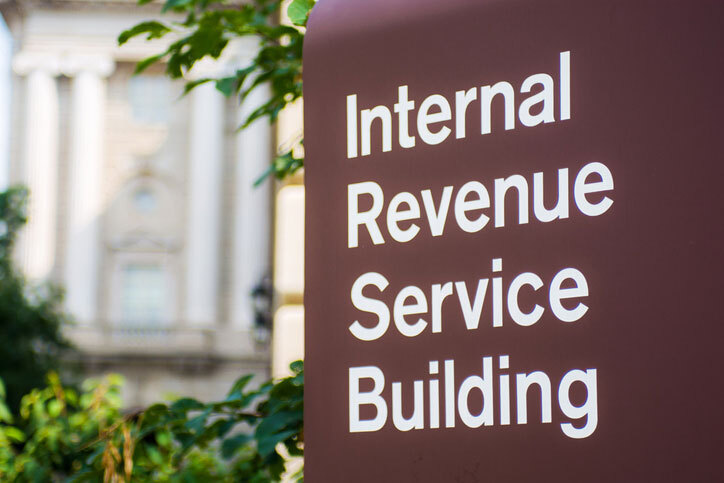One Spouse Should Handle the Taxes– False!
Filing jointly has a myriad of benefits for married couples. However, filing jointly doesn’t mean that one spouse should handle all of the filings. We found that a majority of our clients are widowed or divorced spouses that had no idea what was happening with their taxes because their other half handled everything for them—so they thought.
Why should both spouses be involved with the taxes?
It’s certainly more convenient when you’re filing jointly to allow one spouse to handle everything related to the taxes. Especially when one spouse is a stay-at-home parent or is unable to work. Filing for two can be a lot of work without the help of a tax professional.
Remembering to file can be a difficult feat, though we do our best to set reminders and mark calendars. We’re human, and spouses often forget to file taxes or fear telling their significant other about mistakes they made while filing.
Years later, clients will tell us that they had no idea that their spouse skipped years or filed incorrectly. Taking on taxes for the first time in several years or more, without much context to what your spouse was doing, can be overwhelming and discourage you from filing on your own.
This brings us to the final issue that occurs when your spouse handles the filing: How will you know how to file? Filing is more than simply documenting your income. There are various types of deductions available to make sure you don’t end up owing more than you should. The best thing you can do to protect yourself from being audited is to get professional help with filing. Tax professionals can evaluate your income and expenses to determine what you qualify for.
Need help with filing and back taxes?
If you have found yourself in a bit of trouble due to owing back taxes from joint filing, or any of the other reasons listed above, then help and relief are available.
At TaxRise, we can assist you with resolving your tax debt of $5,000 or more. You can pre-qualify for the Fresh Start Program by clicking the button below.
Any new or systemic Liens and/or Levies will also be suspended for the time being.
For taxpayers who are considered “seriously delinquent”, the IRS will suspend any new certifications for the remaining period. Any taxpayer who falls into this category in reminded and encouraged to enter into an Installment Agreement or apply for an Offer In Compromise.
The IRS will not forward any new delinquent accounts to private collection agencies at this time.
Taxpayers have until July 15, 2020 to verify to the IRS they are qualify for the Earned Income Tax Credit or to confirm their income. If the taxpayer is unable to verify their credentials or provide appropriate documents for this credit, they are encouraged to notify the IRS before the deadline. No cases will be denied this credit for failure to provide requested information until July 15.
Case workers will continue business as usual. However, most case work will be conducted remotely (video/over the phone conferences). Any requests for documentation sent by the Office of Appeals should be responded to in a timely manner to ensure a smooth process.
The IRS will continue to take the appropriate measures to stay compliant and protect the applicable statutes of limitations. In situations where certain statutes may be compromised, taxpayers are encouraged to extend such statutes. Otherwise, Notices of Deficiency will be issued by the IRS and similar actions will be pursued to protect the interests of the government in preserving such statutes. Where a statutory period is not set to expire during 2020, the IRS is unlikely to pursue the foregoing actions until at least July 15, 2020.
Practitioners are reminded that PPS wait times may be significantly longer, depending on staffing levels and allocations going forward. The IRS will continue to monitor this as situations develop.
“The IRS will continue to review and, where appropriate, modify or expand the People First Initiative as we continue reviewing our programs and receive feedback from others,” Rettig said. “We are committed to helping people get through this period, and our employees will remain focused on these and other helpful efforts in the days and weeks ahead. I ask for your personal support, your understanding – and your patience – as we navigate our way forward together. Stay safe and take care of your families, friends and others.”
Learn how easy it is to qualify for tax savings.




